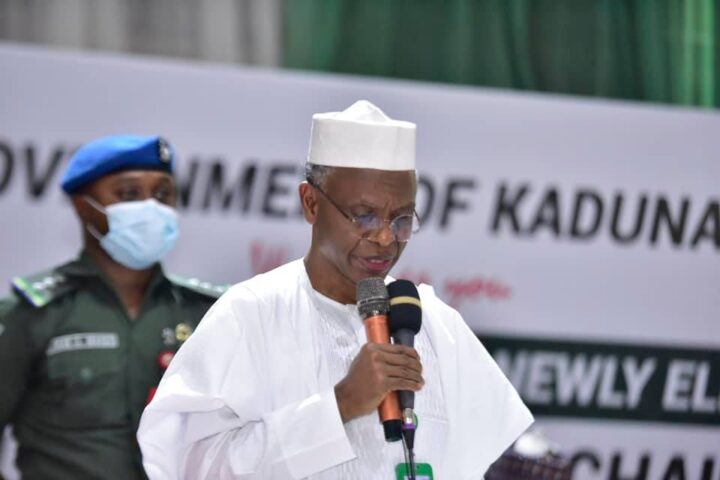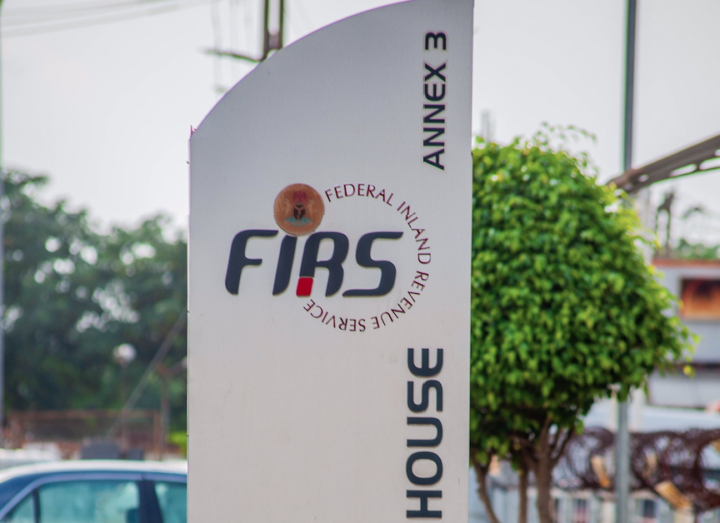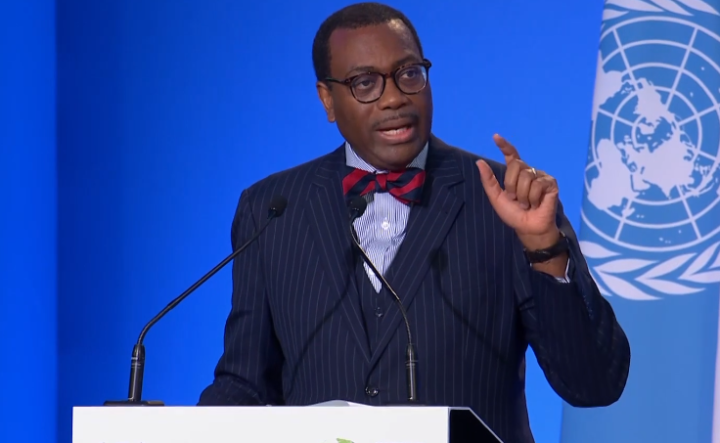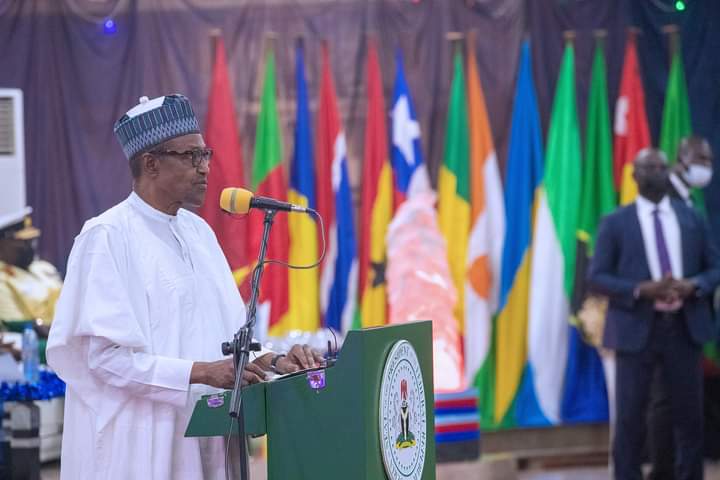Nasir el-Rufai, governor of Kaduna, says the country has lost many years of investment efforts in moves to privatise the power sector.
The governor said this on Wednesday at the 9th edition of the Nigeria Energy Conference in Lagos.
El-Rufai said there were clear roadmaps for structural reforms set up during Obasanjo’s administration in the electrical, power, and oil and gas sectors, adding that these reforms were delayed or abandoned by his immediate successors.
“Nigeria requests for its growth and development, the delivery of affordable, reliable, and sustainable energy for homes and businesses. This country has lost many years of efforts in investment in the energy sector,” he said.
Advertisement
“The clear roadmaps for structural reforms set up by the Obasanjo government in the electrical, power, and oil and gas sectors were protracted or abandoned by his immediate successors.”
According to the governor, the first version of the electricity industry bill initiated by Obasanjo was not put into law.
“I had the privilege as head of the Bureau of Public Enterprises to initiate and lead in drafting the bill, which was ready by 2003, but was not presented to the national assembly and, of course, we all know that it was not enacted then,” he said.
Advertisement
“The privatised electric power sector remains a drain on government resources absorbing as much as N1.6 trillion in support by the Central Bank of Nigeria and the federal ministry of finance by the end of 2021.
“There are interventions proposed by the World Bank to provide another $750 million to the sector in a performance-for-results programme. In contrast, the telecoms sector has never needed any intervention of this nature since deregulation in 2001.”
El-Rufai further said the possible solution is to have a power sector reform.
“The state governments are willing and able to come to the aid of the federal government in addressing these power challenges. But the solution ultimately is to have a power sector reform act that addresses the problems of the sector, the liquidity and the tariff problems so that we’ll be able to attract private investment,” he added.
Advertisement
Stakeholders have also faulted current privatisation of the power sector.
Earlier this month, the National Union of Electricity Employees (NUEE) called for a total reversal of the privatisation of Nigeria’s power sector.
Add a comment






